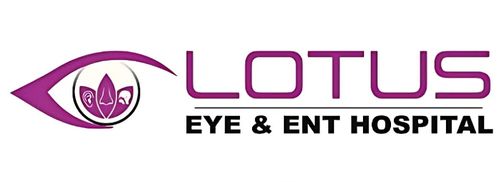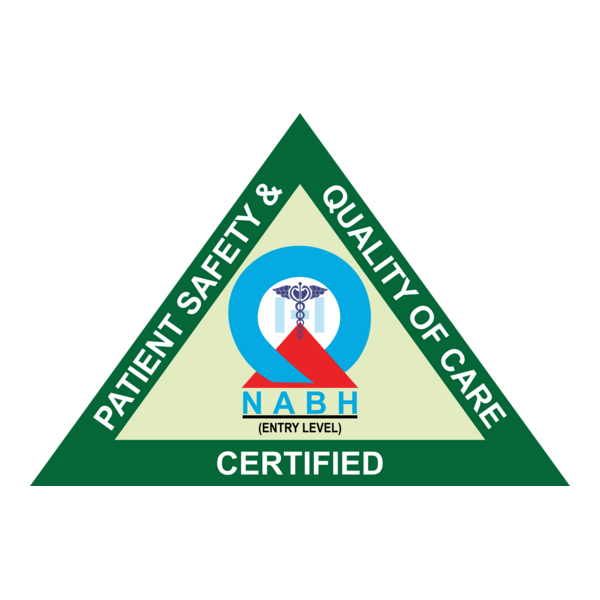Swallowing Difficulty Care
Definition
Swallowing difficulty (dysphagia) care involves the diagnosis and treatment of problems that make it hard to swallow food, liquids, or saliva. Dysphagia may result from throat or esophageal disorders, neurological conditions, or structural abnormalities, and requires timely care to prevent complications like choking, aspiration, or malnutrition.
Purpose of Swallowing Difficulty Care
To identify and treat underlying causes of swallowing difficulty
To prevent choking, aspiration, and related respiratory infections
To restore safe and comfortable swallowing function
To improve nutrition, hydration, and quality of life
Types and Methods of Care
Diagnostic Evaluation
Endoscopy, imaging, or swallowing studies to assess throat and esophageal function
Neurological evaluation if nerve-related causes are suspected
Medical Management
Medications for acid reflux, infections, or inflammation
Dietary modifications and swallowing therapy exercises
Surgical / Procedural Interventions
Endoscopic dilation for strictures or narrowed passages
Removal of blockages or growths affecting swallowing
Therapeutic Care
Speech and swallowing therapy guided by specialists
Training in safe eating and drinking techniques
Post-Treatment Care
Regular monitoring for swallowing safety and improvement
Nutritional guidance to maintain healthy weight and hydration
Lifestyle advice to prevent recurrence of symptoms
Benefits of Swallowing Difficulty Care
Restores safe and comfortable swallowing ability
Prevents aspiration, choking, and related infections
Improves nutrition and overall health
Enhances daily comfort and quality of life


